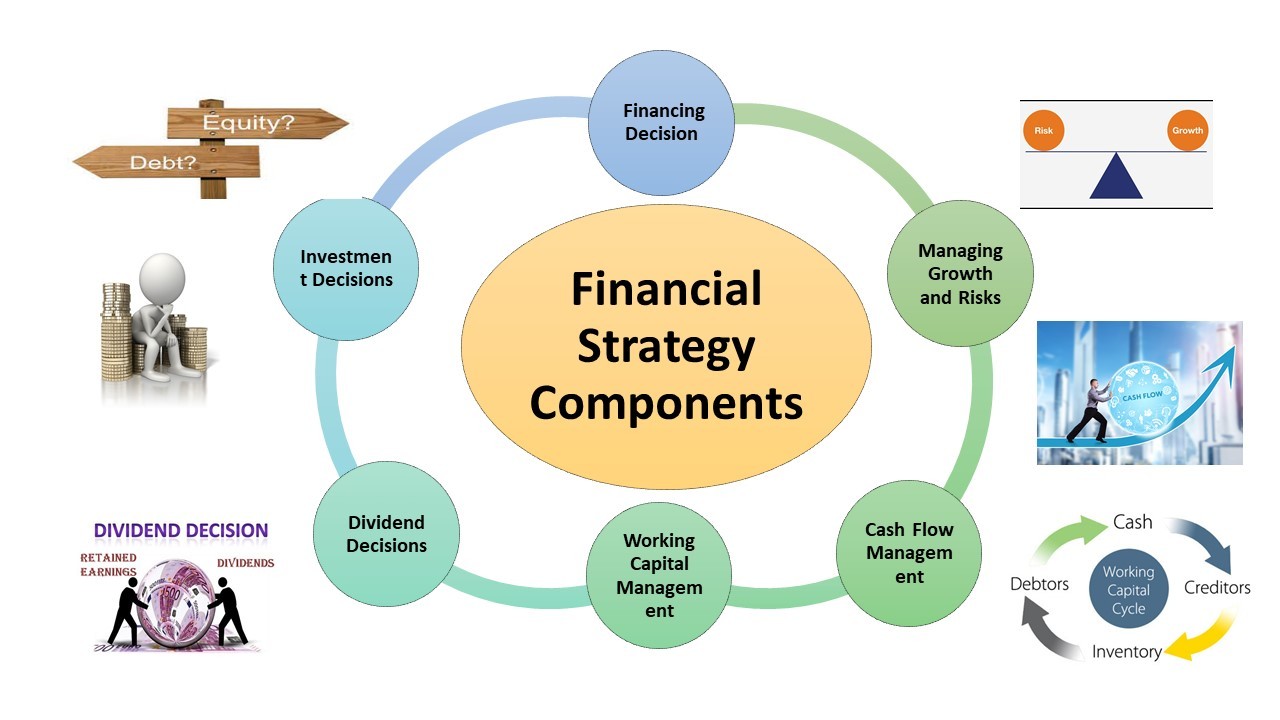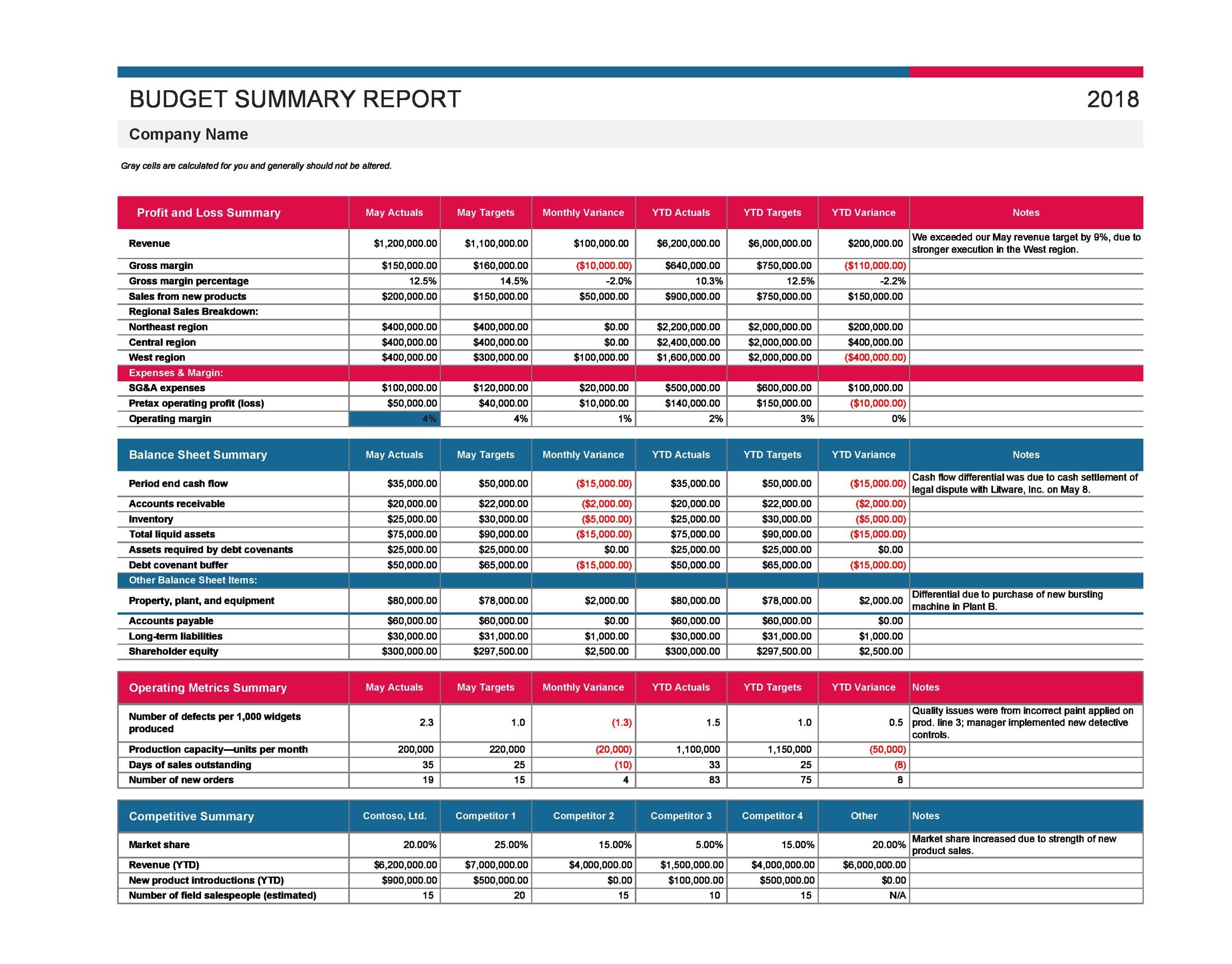
Managing business finances is like navigating a ship through stormy seas. One wrong move, and you could find yourself off course or, worse, capsized. But with the right tools, strategies, and mindset, you can steer your business towards calmer waters and prosperous shores. Whether you're a seasoned entrepreneur or just starting, understanding how to manage your business finances effectively is crucial for success. So, let's dive in and explore the essential tips and strategies to keep your financial ship afloat.
Understanding the Basics of Business Finance
Before we delve into the specifics of managing business finances, it's essential to grasp the fundamentals. Business finance encompasses all the activities related to the flow of money in and out of your business. This includes everything from budgeting and financial planning to cash flow management and investment decisions. Think of it as the lifeblood of your business—without proper financial management, your business can't thrive.
The Importance of Financial Planning
Financial planning is the roadmap that guides your business towards its goals. It involves setting financial objectives, creating a budget, and forecasting future financial needs. A well-crafted financial plan helps you anticipate challenges and opportunities, allowing you to make informed decisions. Imagine trying to build a house without a blueprint; financial planning is that blueprint for your business.
Business Budgeting: The Foundation of Financial Success
Budgeting is the cornerstone of effective financial management. A budget is a detailed plan that outlines your expected income and expenses over a specific period. It helps you allocate resources efficiently, monitor your spending, and ensure you're staying on track to meet your financial goals. Think of your budget as a compass—it keeps you headed in the right direction.
Creating a Realistic Budget
Creating a realistic budget involves several steps:
- Assess Your Income: Start by estimating your revenue. Be conservative in your projections to avoid overestimating.
- Identify Fixed Costs: These are expenses that remain constant, such as rent, salaries, and insurance.
- Account for Variable Costs: These expenses fluctuate, like utilities, marketing, and inventory.
- Include One-Time Expenses: Don't forget about those occasional costs, like equipment purchases or special projects.
- Review and Adjust: Regularly review your budget and make adjustments as needed. Flexibility is key.

Tips for Managing Business Finances Effectively
Now that we've covered the basics let's dive into some practical tips for managing business finances effectively.
Cash Flow Management: Keeping the Money Flowing
Cash flow is the lifeblood of your business. Effective cash flow management ensures you have enough money to cover your expenses and invest in growth. Here are some tips to keep your cash flow healthy:
- Monitor Your Cash Flow: Regularly track your income and expenses to identify any potential cash flow issues early.
- Invoice Promptly: Send out invoices as soon as possible to ensure timely payments.
- Negotiate Payment Terms: Work with suppliers to negotiate favorable payment terms that align with your cash flow needs.
- Maintain a Cash Reserve: Keep a buffer of cash to cover unexpected expenses or slow periods.
Financial Strategies for Long-Term Success
Long-term financial success requires strategic thinking and planning. Here are some financial strategies to consider:
- Diversify Your Revenue Streams: Don't rely on a single source of income. Diversifying can help insulate your business from market fluctuations.
- Invest Wisely: Allocate resources to areas that will yield the highest return, whether it's marketing, research and development, or employee training.
- Plan for Taxes: Stay on top of your tax obligations and take advantage of any available deductions or credits.
- Regularly Review Your Finances: Conduct periodic financial reviews to assess your performance and make necessary adjustments.
Small Business Finance: Unique Challenges and Solutions
Small businesses face unique financial challenges. Limited resources, fluctuating cash flow, and the need for rapid growth can make financial management particularly tricky. Here are some tips tailored to small business finance:
- Stay Lean: Keep your overhead costs low by focusing on essential expenses and avoiding unnecessary luxuries.
- Leverage Technology: Use financial management software to streamline your accounting and budgeting processes.
- Seek Professional Advice: Consider hiring a financial advisor or accountant to provide expert guidance.
- Explore Financing Options: Look into small business loans, grants, and other financing options to support your growth.

Navigating Financial Challenges
Even with the best financial strategies in place, challenges can arise. Here's how to navigate some common financial hurdles:
Dealing with Unexpected Expenses
Unexpected expenses can throw a wrench in your financial plans. To mitigate their impact:
- Build an Emergency Fund: Set aside a portion of your revenue for unexpected costs.
- Prioritize Spending: When unexpected expenses arise, prioritize your spending to ensure essential needs are met.
- Seek Financing: Consider short-term loans or lines of credit to cover immediate expenses.
Managing Debt
Debt can be a useful tool for financing growth, but it can also become a burden if not managed properly. Here are some tips for managing debt:
- Understand Your Debt: Know the terms, interest rates, and repayment schedules of your loans.
- Prioritize Payments: Focus on paying off high-interest debt first to save on interest costs.
- Negotiate Terms: If you're struggling with debt, talk to your lenders about renegotiating terms or consolidating loans.
Adapting to Market Changes
Market conditions can change rapidly, affecting your business finances. To stay adaptable:
- Stay Informed: Keep up with industry trends and economic indicators.
- Be Flexible: Be prepared to adjust your financial strategies in response to market changes.
- Diversify: Spread your risk by diversifying your products, services, and revenue streams.
Conclusion: Steering Your Business Towards Financial Success
Managing business finances effectively is a journey that requires continuous learning, adaptation, and strategic thinking. By understanding the basics of business finance, creating a solid financial plan, and implementing effective financial strategies, you can steer your business towards long-term success. Remember, financial management is not a one-time task but an ongoing process that demands your attention and dedication.
So, are you ready to take control of your business finances and navigate the stormy seas of entrepreneurship? With the right tools and mindset, you can turn financial challenges into opportunities for growth. Stay informed, stay flexible, and stay committed to your financial goals. Your business deserves nothing less.
FAQs
What is the first step in creating a business budget? The first step in creating a business budget is to assess your income. Start by estimating your revenue conservatively to avoid overestimating.
How can I improve my cash flow management? You can improve your cash flow management by monitoring your cash flow regularly, invoicing promptly, negotiating payment terms, and maintaining a cash reserve.
What are some financial strategies for long-term success? Financial strategies for long-term success include diversifying your revenue streams, investing wisely, planning for taxes, and regularly reviewing your finances.
How can small businesses manage their finances effectively? Small businesses can manage their finances effectively by staying lean, leveraging technology, seeking professional advice, and exploring financing options.
What should I do if I encounter unexpected expenses? If you encounter unexpected expenses, build an emergency fund, prioritize your spending, and consider seeking financing to cover immediate costs.
Posting Komentar